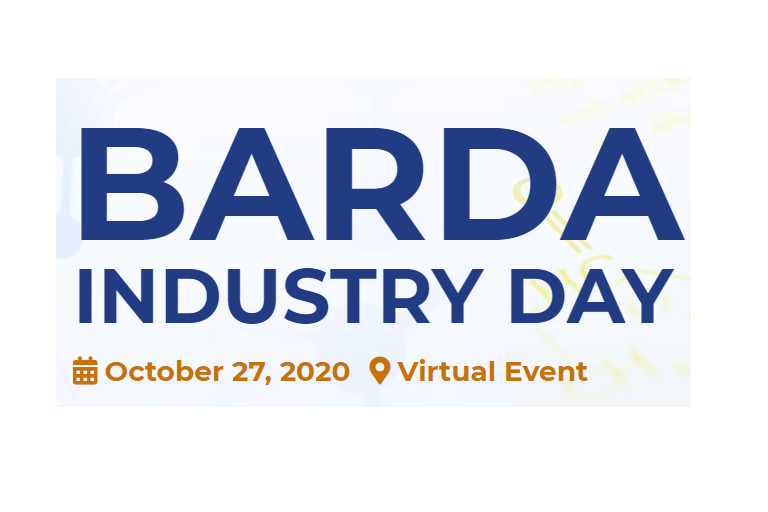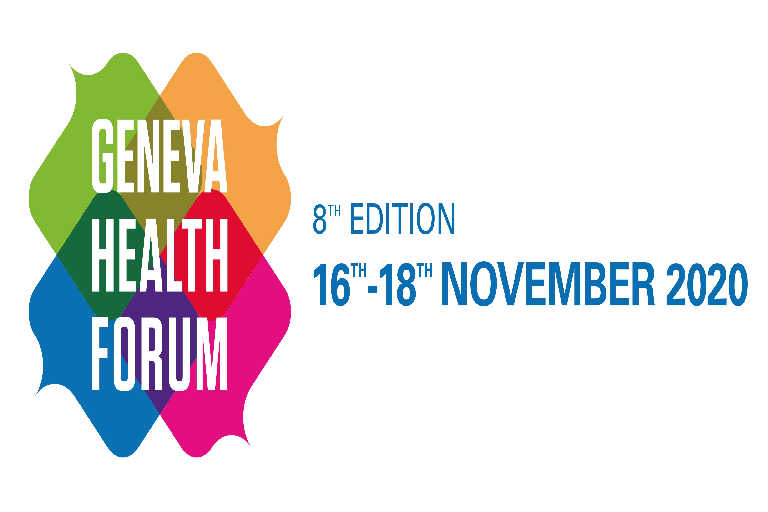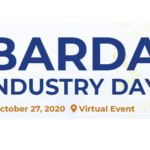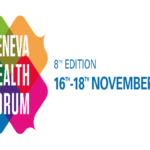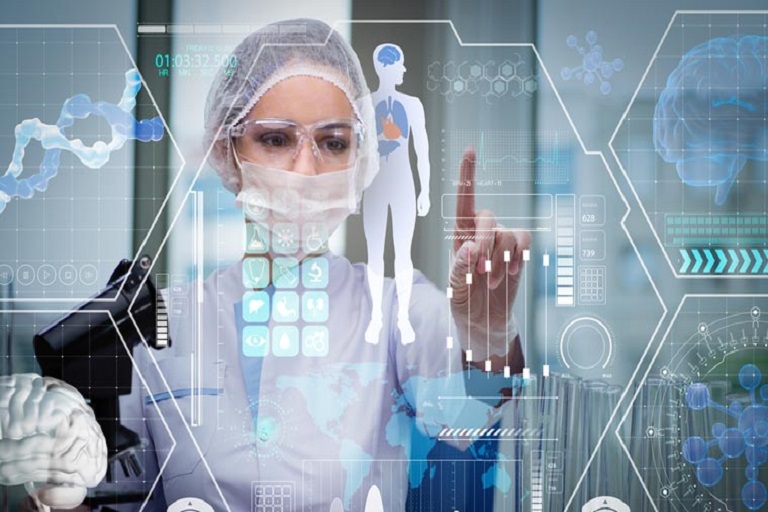6 Improvements Machine Learning Is Making in the Healthcare Industry
The healthcare industry is often on the cutting edge of new beneficial technology and the fields of machine learning and artificial intelligence are no exception. Here are six improvements machine learning is making in the healthcare industry.
1. Cost Savings
One of the most common applications of machine learning operations currently is in managing healthcare systems and the various administrative work related to running those systems. Creating more efficient management and administrative systems and streamlining those workflows can make record-keeping and data tracking more efficient and accurate. The improvement and automation of these processes can greatly reduce the cost of running and managing them.
2. Patient Data Management
Another key usage of machine learning operations today is managing patient data. This data can overwhelm healthcare providers, who hardly ever see only a single patient in one day. Machine learning algorithms can help identify patterns and provide insights into several aspects of healthcare that providers might miss or take longer to find. These include overall patterns in the population, patterns in an individual’s medical history or family history and patterns in test results. As machine learning continues to improve, it may enable doctors to increase patient loads and provide more accurate diagnoses and treatment plans much more quickly.
3. Clinical Decision Making
While healthcare providers shouldn’t be placing all their responsibilities on machine learning, these programs provide decision-making assistance when managing healthcare, diagnosing patients and devising treatment plans. Currently, these programs are best suited to assisting in decision-making in medical specialties that focus heavily on collecting data. In disciplines such as ophthalmology, radiology and pathology, for example, they’re able to parse and analyze data from scans and tests. This data can be compiled by the machine learning algorithm to help the healthcare provider determine the best course of treatment.
4. Security
Security is a vital measure in the healthcare industry. Physical security necessary to protect healthcare providers, patients and visitors in hospitals, clinics and private practices. However, as patient data and communications switch from paperwork and phone calls to digital media, cybersecurity is growing in importance. Machine learning can be used by cybercriminals to attack healthcare systems and steal data, corrupt systems or install ransomware. On the other hand, it can also be used by healthcare systems to protect data and systems from those attacks. Because machine learning algorithms can be taught to recognize patterns and learn on the job, they can improve their security protections on their own as they encounter cyber attacks. That said, machine learning programs should be used in conjunction with other methods of cybersecurity, rather than alone. Cybersecurity works best in overlapping layers.
5. Policy Oversight
Not all of the improvements in the healthcare industry are direct results of machine learning implementations. In some cases, the changes are more tangential. For example, the leveraging of these programs creates a need for improved healthcare policy oversight. Machine learning programs require a certain balance of regulating technological innovation without blocking innovation or expansion. Additionally, this creates an opportunity to review existing healthcare policies and improve oversight and transparency. Revamped healthcare policies can improve patient care and security while also ensuring the public is aware of medical practice.
6. Precision Medicine
One of the newest uses of machine learning in medicine is called precision medicine. This application incorporates other aspects of a patient’s life besides his or her medical and family history. These programs currently incorporate information on a person’s lifestyle, diet and environment to understand the patient’s health risks as compared to the wider population. As machine learning operations improve, other personal data, such as genetics, can increasingly be incorporated into and cross-referenced with other data elements in order to provide an even clearer and more detailed projection of a patient’s health. Machine learning can not only make it easier to keep track of information and streamline the background tasks of medicine, but it can also increasingly assist in diagnosing and treating many different medical conditions.














